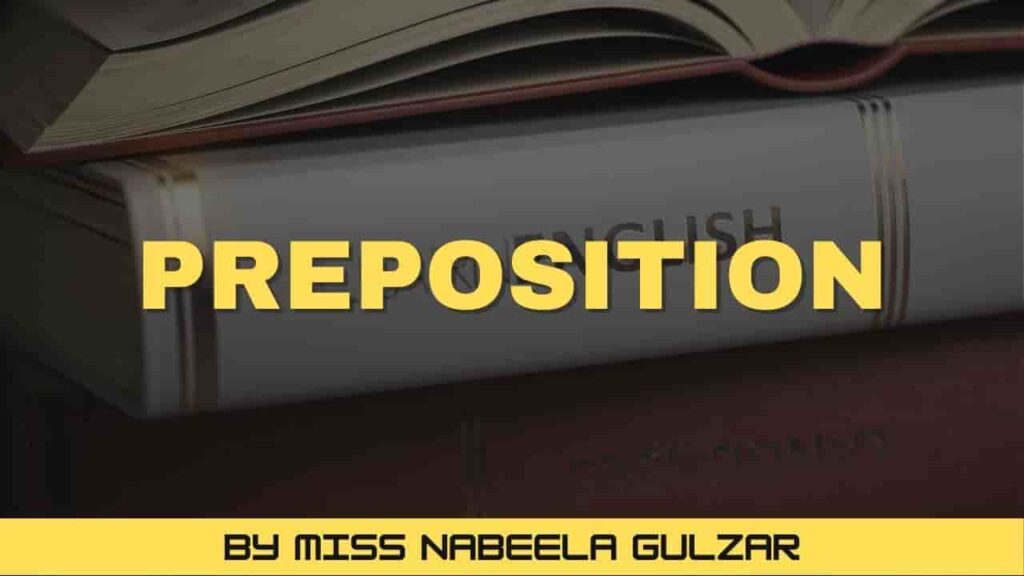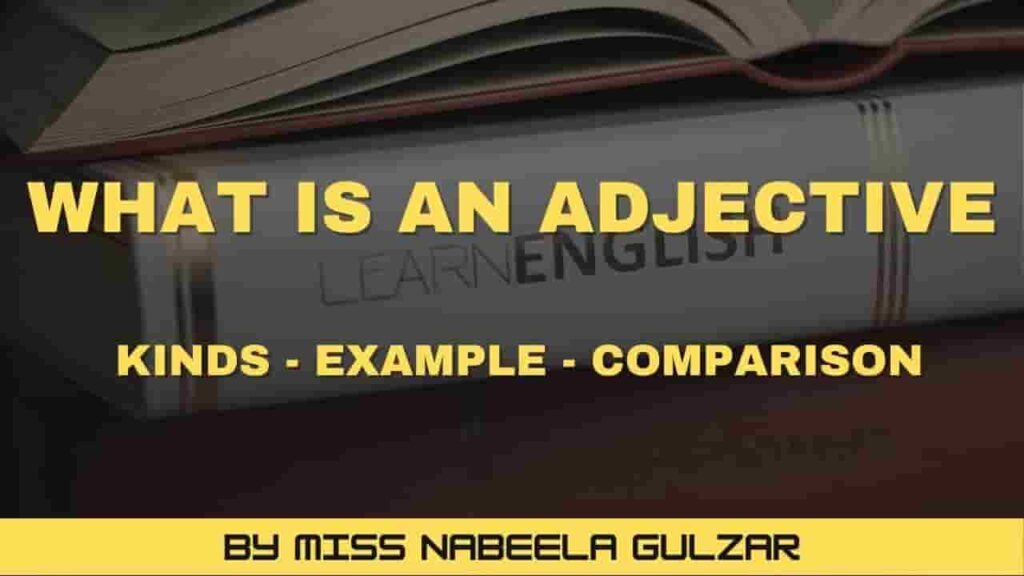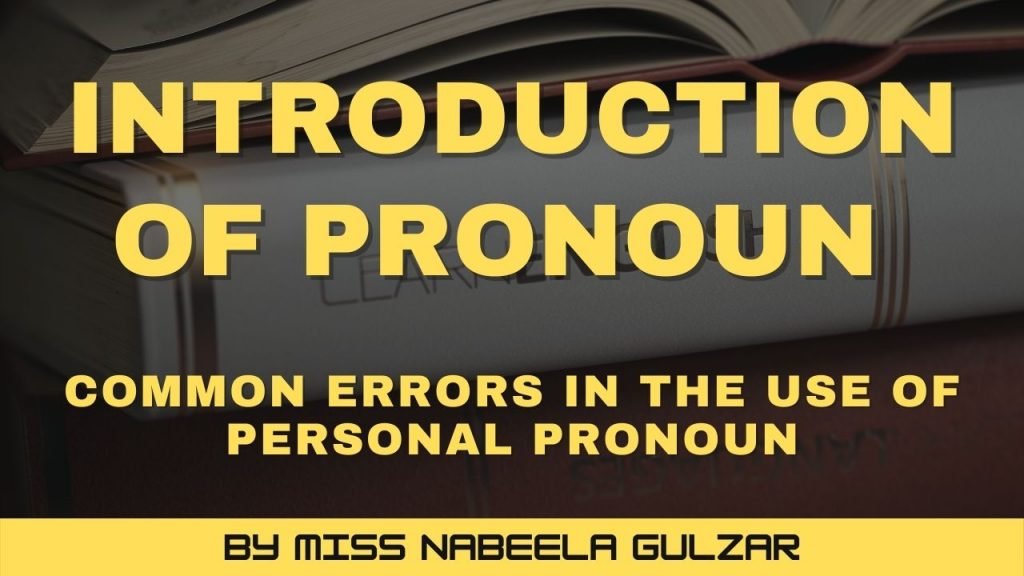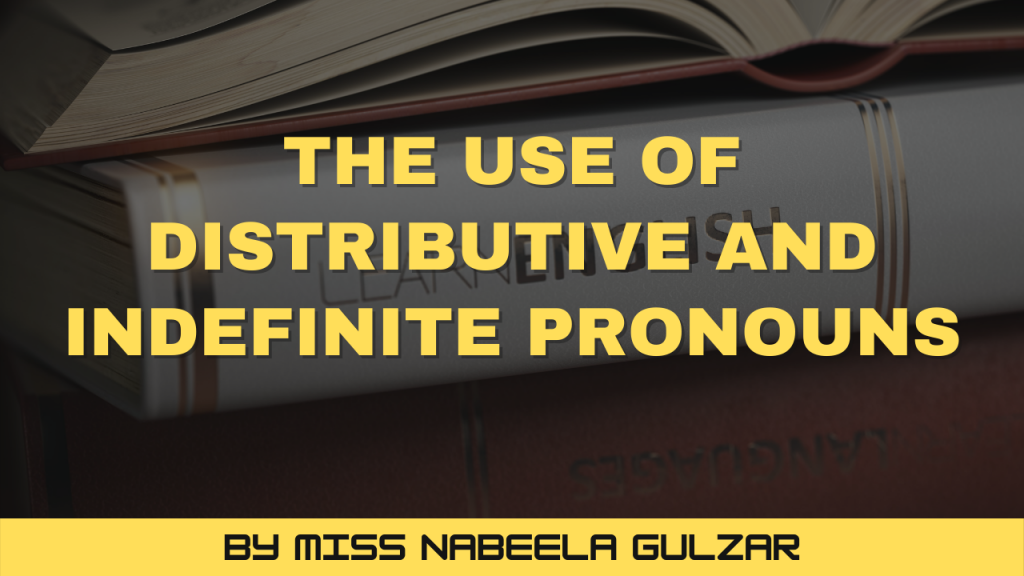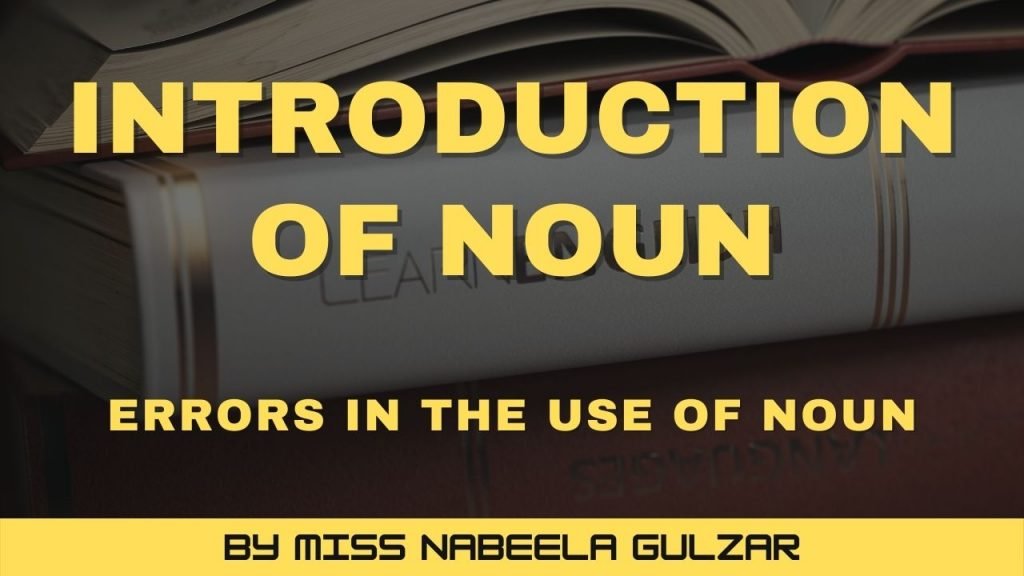1. A preposition is a word that is placed before a noun or a pronoun to show in which relation the person or thing was noted by its stands in regard to something else.
For example;
- He is fond of reading.
- She was absent from the class.
- Let us hope for the best.
(of, from, and for being used as prepositions in thesis sentences)
2. A preposition is a word that shows the position of a noun.
For example;
- A book is on the table.
- The bag is in the cupboard.
- The bike is standing in front of a tree.
(on, in, and in front of are the words that show the position of a noun)
Kinds of Prepositions
There are five major kinds of prepositions.
- Simple Prepositions
- Compound Prepositions
- Phrase Prepositions
- Participle Prepositions
- Disguised Prepositions
Let’s discuss these kinds in detail.
1. Simple Preposition
They consist of one word. They are very simple to understand, they are the most basic preposition, and are used frequently.
(by, at, in, of, off, on, for, out, to, up, with, from, under, etc.)
For example;
- The cat is under the chair,
- The book is on the table.
2. Compound Preposition
They are generally formed by prefixing a preposition with a noun an adjective or an adverb.
(across, along, around, before, beside, behind, below, Beneath, inside, outside, underneath, without.)
For example;
- I am nothing without your assistance.
- He was sitting beside his mother.
3. Phrase Preposition
They are a group of verb adverbs and other words to function as a preposition.
(as for as, because, with the exception, with regard to, of my mean of, by virtue of, for the sake of, in case of, in front of, in order to, in the fight of)
For example;
- Salman walked as far as he could.
- With the exception of Rida, everybody had come to school.
4. Participle Prepositions
They are basically participles used as prepositions.
For example;
- I am always curious about anything concerning you.
- Alia works during the day and studies at night.
5. Disguised Preposition
They are those prepositions that are not only used in sentences but are implied. Classic examples of disguised prepositions are the letters ‘a’ and ‘o’. Here ‘a’ stands for the shortened form of the preposition ‘on’ and ‘o’ stands for the shortened form of the preposition ‘of’.
For example;
- Everyone went a-hunting.
- Be home by nine o’clock.
Relations Expressed by Prepositions
The following are some of the most common relations indicated by prepositions.
For example;
(i) Time; as
Since yesterday, on Tuesday, until you return, before his arrival, during that time, after finishing the task, by two o’clock, within an hour, etc.
(ii) Place; as
Under the chair, on the wall, between Lahore and Kashmir, beside you, ran across the road, near the tree, at the door, set behind the tree, etc
(iii) Manner; as
Fought with courage, won with ease, dying by inches, etc.
(iv) Cause, Reason, Purpose; as.
died of Cholera, shivering with fear, labored for the good, retreated through fear, suffers from fever, etc.
(v) Contrast, Concession; as,
- With all her fruits I Praise her..
- After every effort, I feel bad. etc.
(vi) Possession; as
A man of means, the girl with red hair, the mosque of the king, there was no money on her. Etc.
(vii) Measure, Standard, Rate, Value; as,
- Ahmed is taller than me by one inch.
- You charge interest at two percent extra. etc.
(viii) Inference, Motive, Source, Origin; as,
- Your skills come from practice.
- I have done it out of gratitude.
- The word is derived from Latin
Hopefully, your concept about Prepositions is clear now, This lecture is part of the whole series of English Grammar by Miss Nabila Gulzar, For Other Lectures Click Here also We have an Essay on every topic, Check the complete list here. If you are Studying in Matric Free Video Lectures of Maths, Physics and English are here, and if we got you covered for I.COM Business Maths also.

